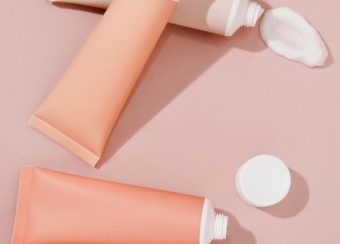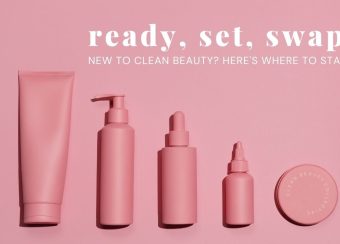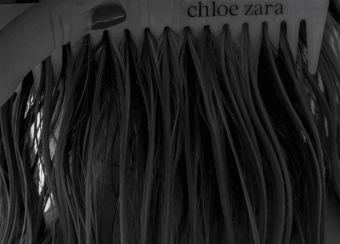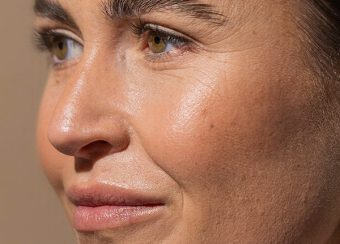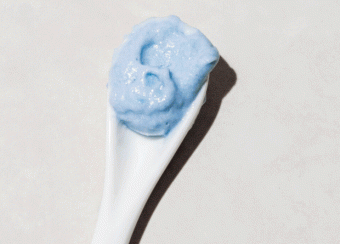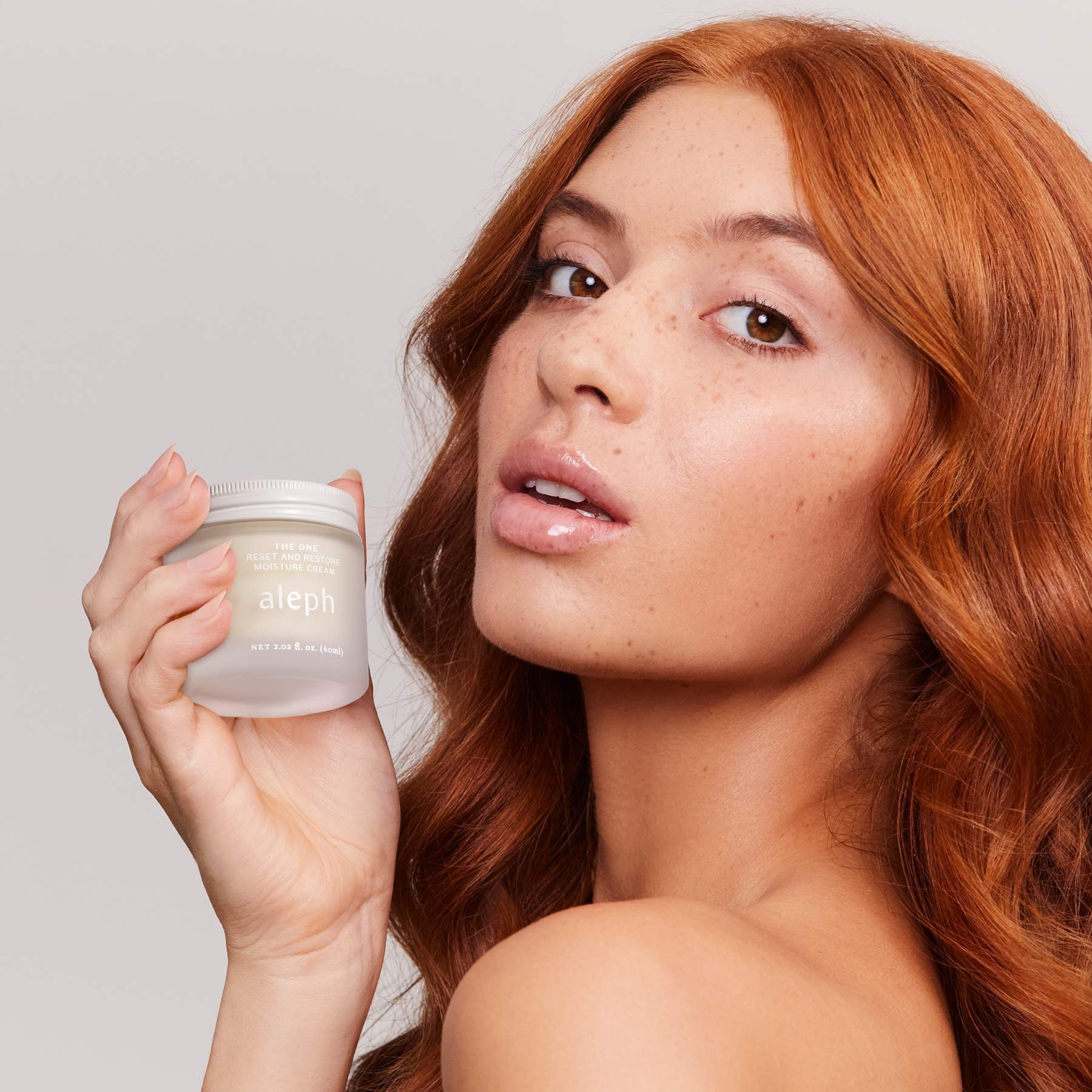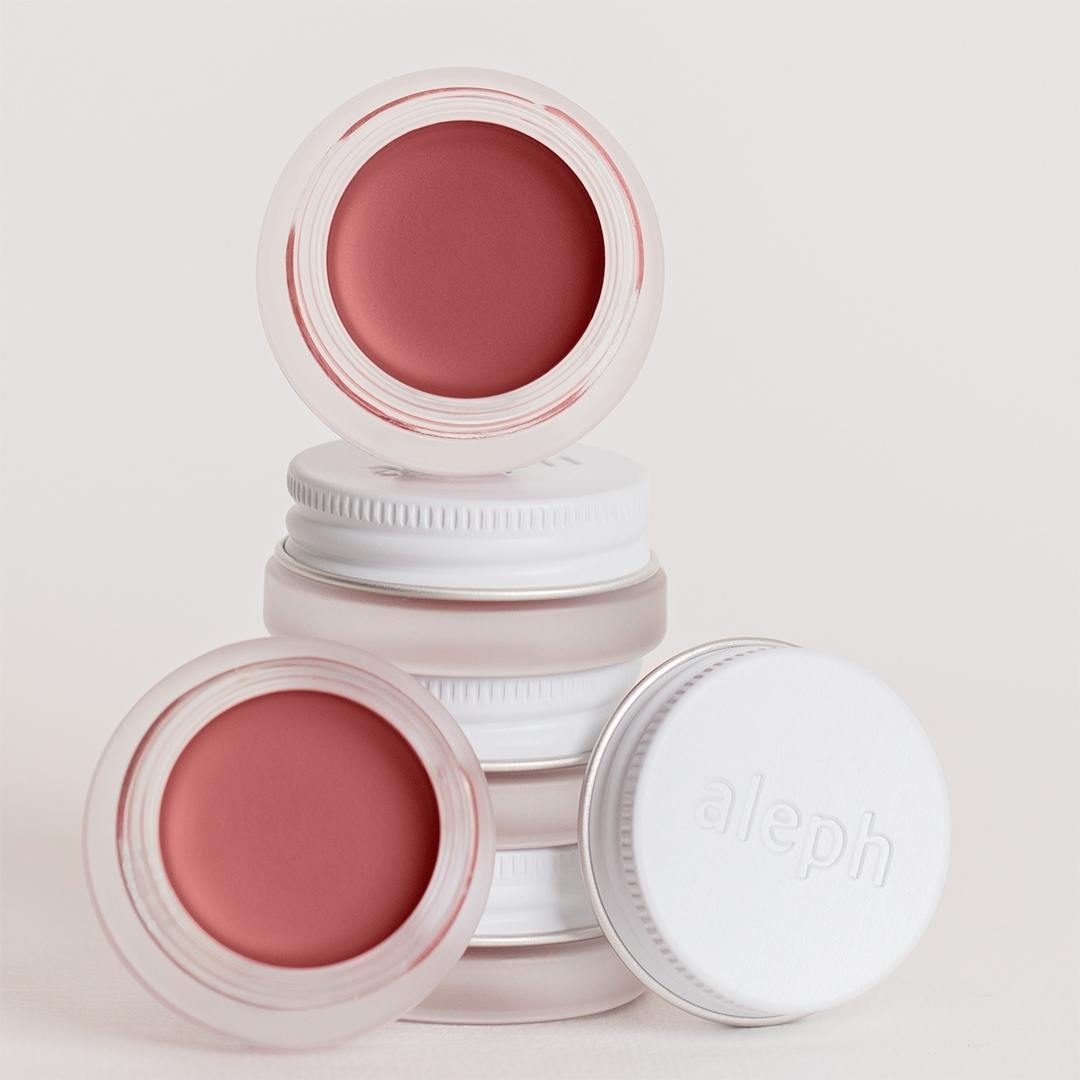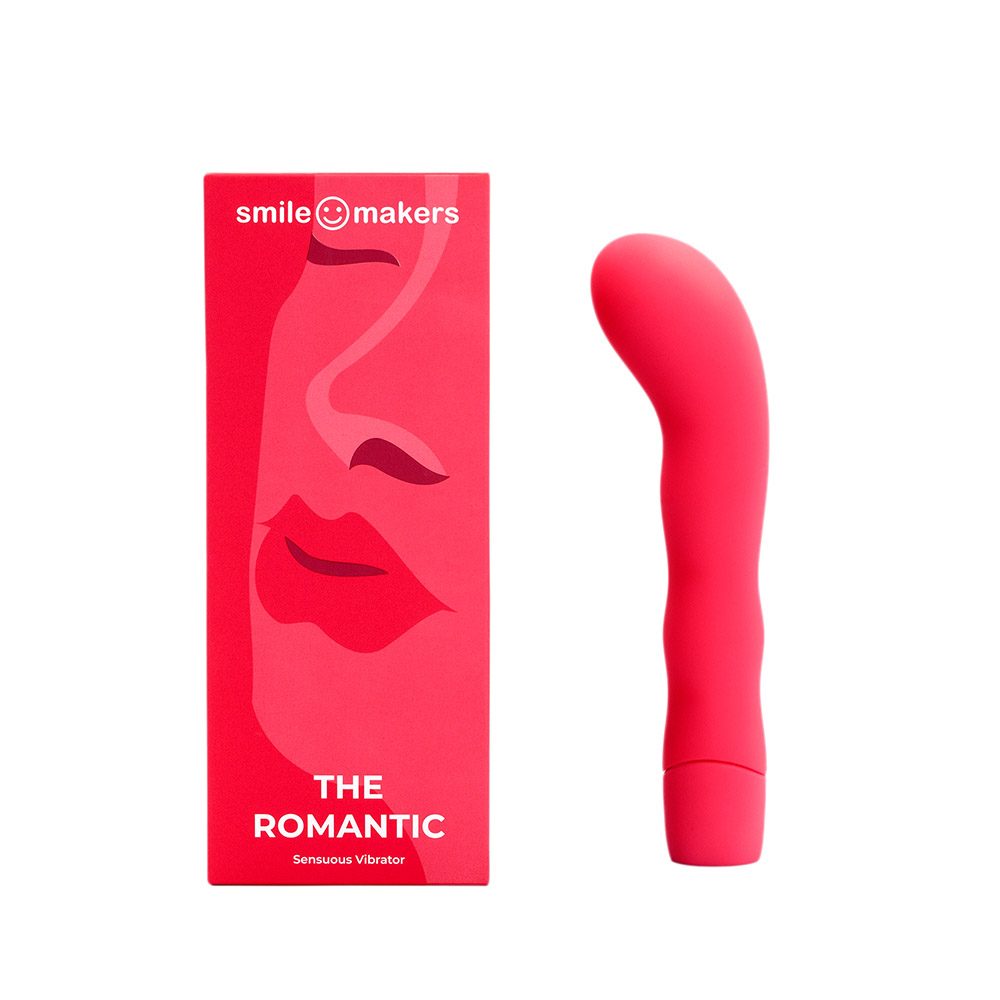Talking With Abel’s Frances Shoemack About Fragrance, And Why The Industry Needs To Change
14/12/2020 2021-09-26 19:14Talking With Abel’s Frances Shoemack About Fragrance, And Why The Industry Needs To Change
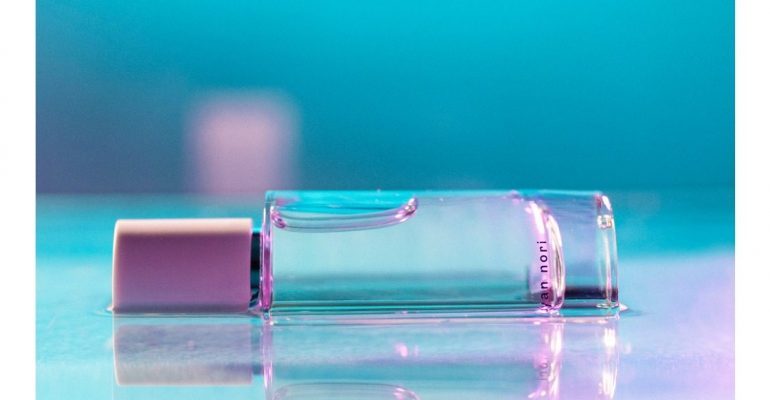
Talking With Abel’s Frances Shoemack About Fragrance, And Why The Industry Needs To Change
Following a failed search for a natural perfume that was chic, modern and long-lasting, Abel was founded in Amsterdam by New Zealander Frances Shoemack with a simple goal – to create the world’s best natural perfume.
Every single ingredient, in every one of their perfumes, started its life as a plant. Their fragrances are made entirely of essential oils, extracts and plant-derived scent molecules in a base of organically certified, food-grade grain alcohol. That’s it.
This makes the now New Zealand-based Frances the perfect person to talk to about the murkier side of the perfume industry, which sees many fragrances come to market minus ingredients lists. The current labelling laws essentially act as a “hide all”. Not everything being hidden is bad, but some ingredients are.
Frances believes that needs to change, saying “fragrance labelling laws were designed decades ago to ‘protect trade secrets’ – something that is no longer relevant with modern science. Anyone with a mass spectrometer can work out a perfume formula, as the number of perfume knockoffs available, contests!”
We asked her some questions about what we should be looking for, and how we too can help bring about change…
I had no idea that perfumes didn’t have to come with ingredient decks, and never questioned why! Am I not alone in that? I feel like it’s passed so many of us by.
You’re definitely not the only one. A fragrance ingredient in any beauty, skincare or perfume product can be labelled under the catch-all “fragrance” or “parfum” in the ingredients list. The current set up is why many skincare and makeup brands will label themselves as “fragrance-free”. But fragrance ingredients are not all bad – the same ‘aroma molecule’ can be derived from a plant-derived food industry by-product (natural and sustainable), or from nonbiodegradable petrochemicals.
Are consumers asking for natural perfumes more and more?
Absolutely, when we launched our first fragrance 7+ years ago we were ahead of the curve to the point that natural perfume was considered a little hippy and unsophisticated. These days the most sophisticated stores and customers around the world are actively seeking out natural perfume. It’s a very positive trend and means that as demand grows, it fuels technical advances – meaning the quality of our fragrances can continually grow too.
Is price the main reason that more manufacturers use dangerous ingredients, to maximise profits?
The bottom line definitely drives a lot of the behaviour – for example, a biodegradable, plant-derived musk costs approximately 15 times as much as its nonbiodegradable petrochemical-derived counterparts. It’s also just easier to work with synthetics – there are more options available, they are readily available (you’re not dependent on crops, weather conditions, supply and demand) and it’s easier to make a consistent product that can be manufactured around the world year after year, without variation.
What are some of the key ingredients we should be avoiding?
The environmental working group is a great resource for finding out more information about specific ingredients. In perfume, I’d say one of the most widely used and toxic (to humans and the environment) ingredients are polycyclic musks. The problem being that without more transparency, you have no way of knowing if these musks are in your perfume or not. Hence the drastic need for increased labelling requirements.
Do the same toxic ingredients show up in the scented candle industry?
Absolutely. Typically a candle marketed as “natural” will be made using a natural wax-like soy, but with totally synthetic fragrance ingredients.
You have shared a petition to lobby the industry for change. Where will you go with this first?
We plan to take our petition it to “IFRA” – an industry organisation that regularly reviews fragrance ingredients and restricts or recommends specific usage to help protect consumer safety. Generally speaking, if IFRA takes an initiative on board it has the highest chance of making a global impact as most manufacturers will adhere to their recommendations. It also increases the likelihood that the EU, FDA and other regional government organisations will put in place legally binding requirements.
How can consumers help you in your mission, what can the individual do to help bring about change?
We’ve outlined four ways in which it’s easy for consumers to have an impact:
1/ Support us in lobbying the industry for change by signing our petition!
2/ Ask brands to share their ingredients list with you – especially brands labelling themselves as “natural” or “clean”.
3/ Ask your local beauty retailer what framework they have for defining terms like “natural”, “clean”. If their terms don’t make sense to you, call them out on it!
4/ Take ownership and educate yourself.

